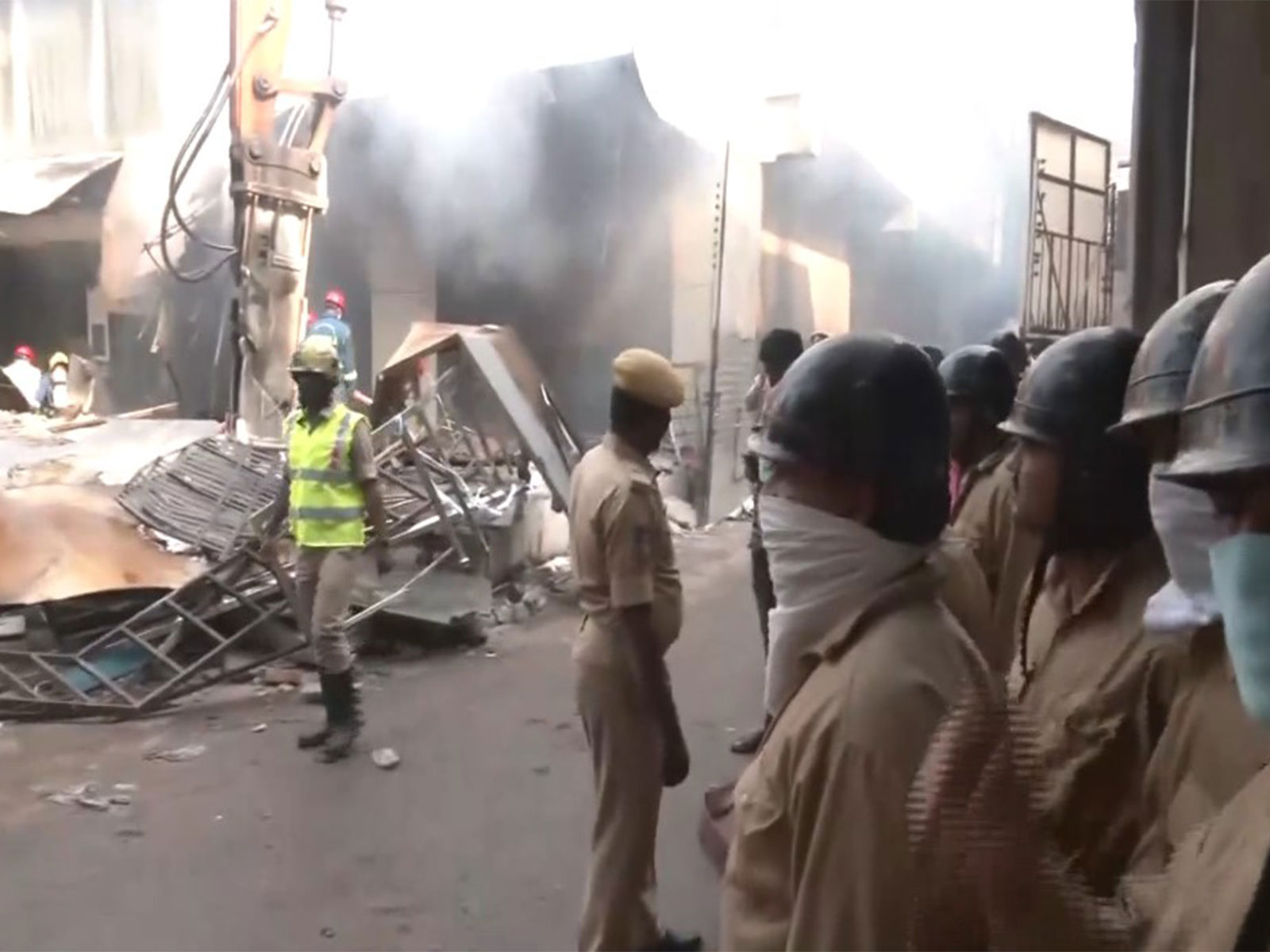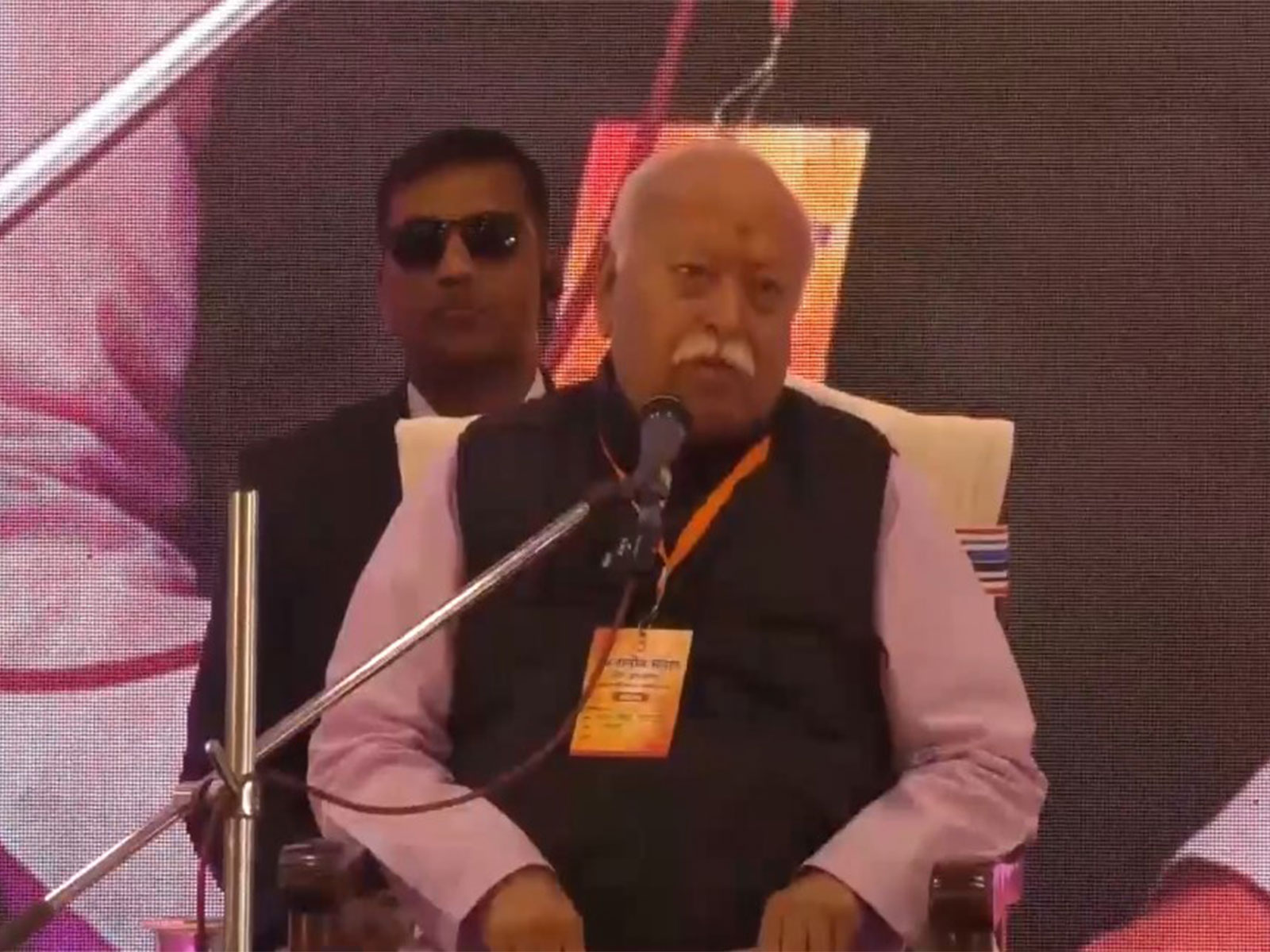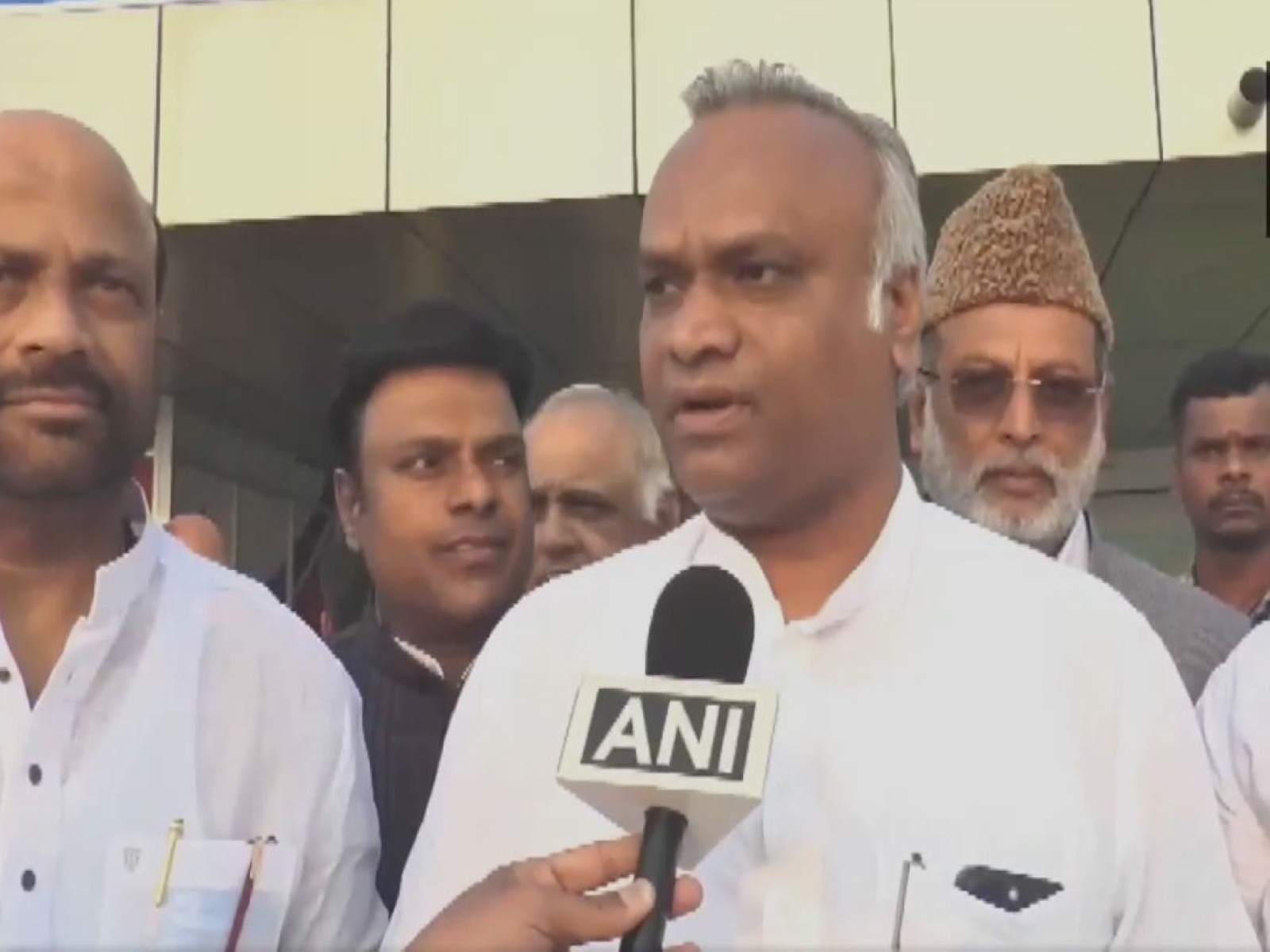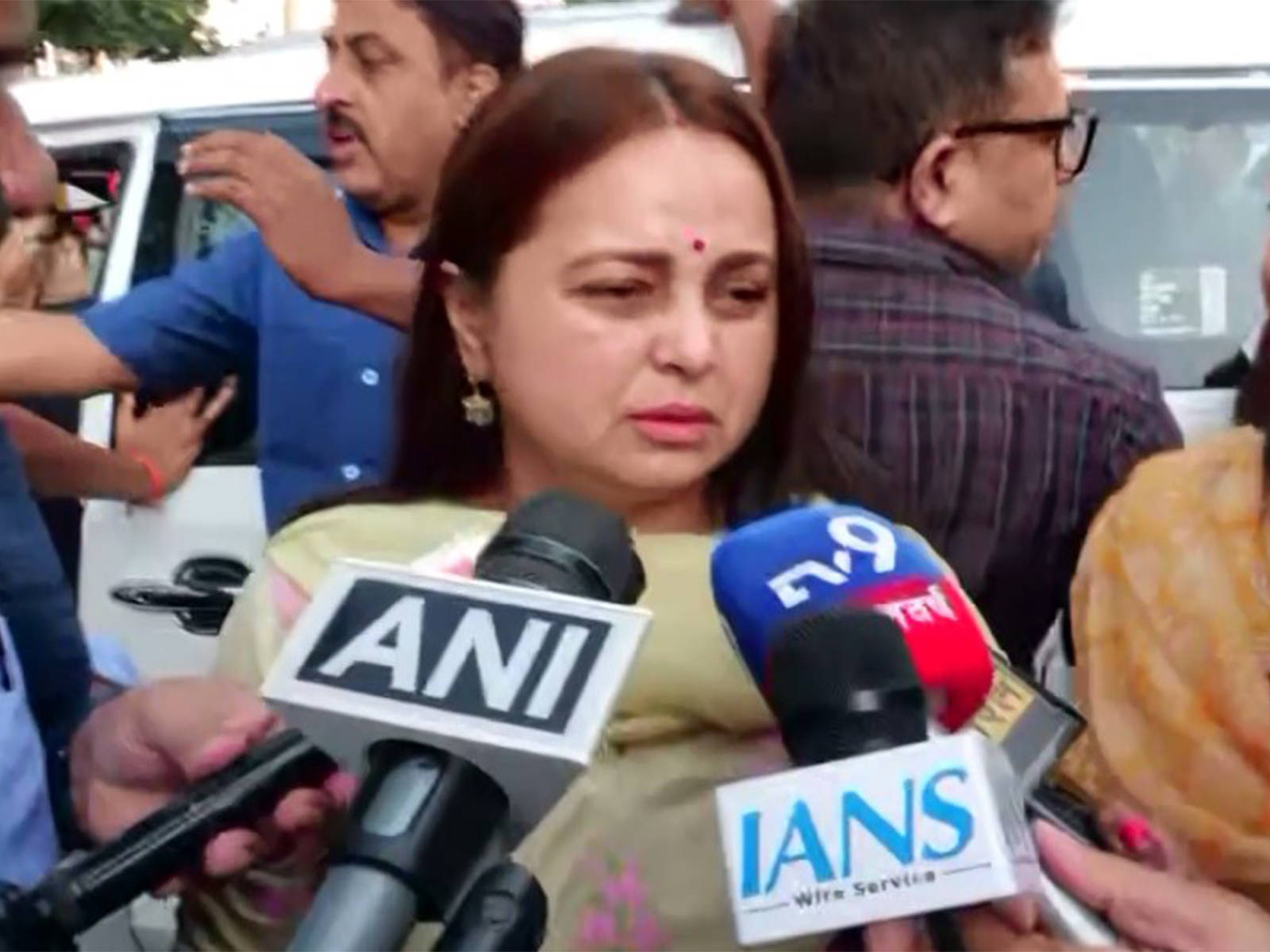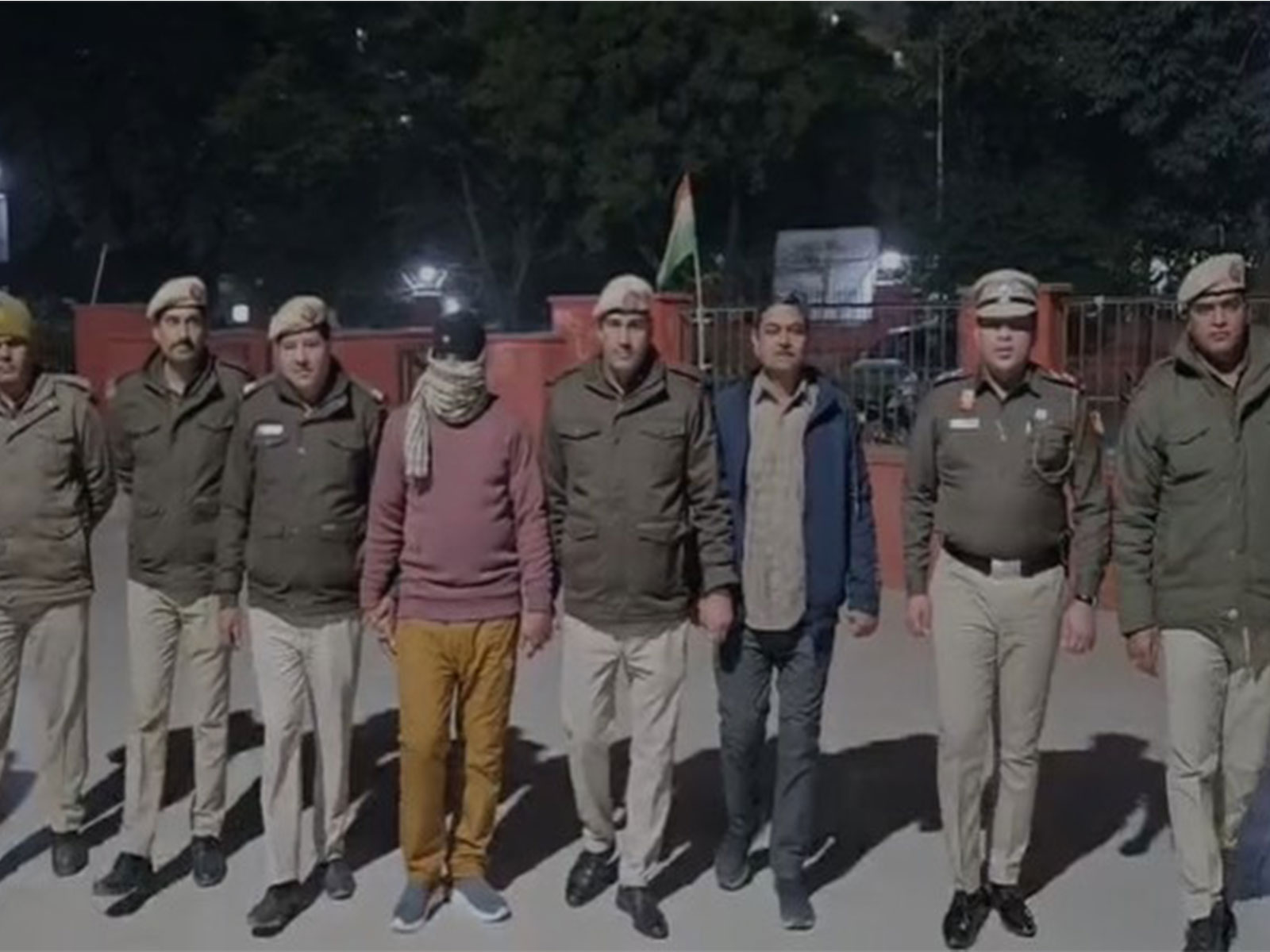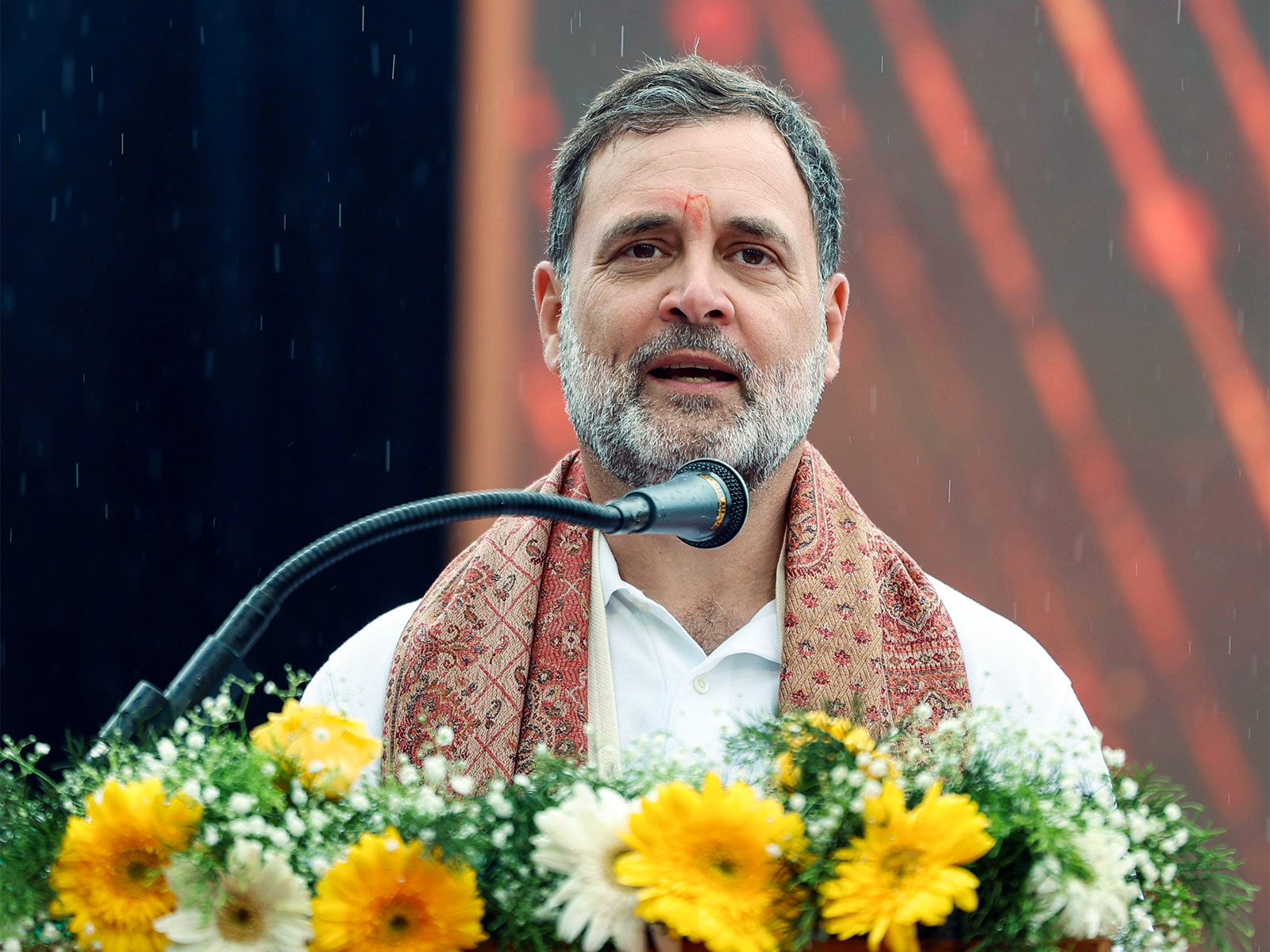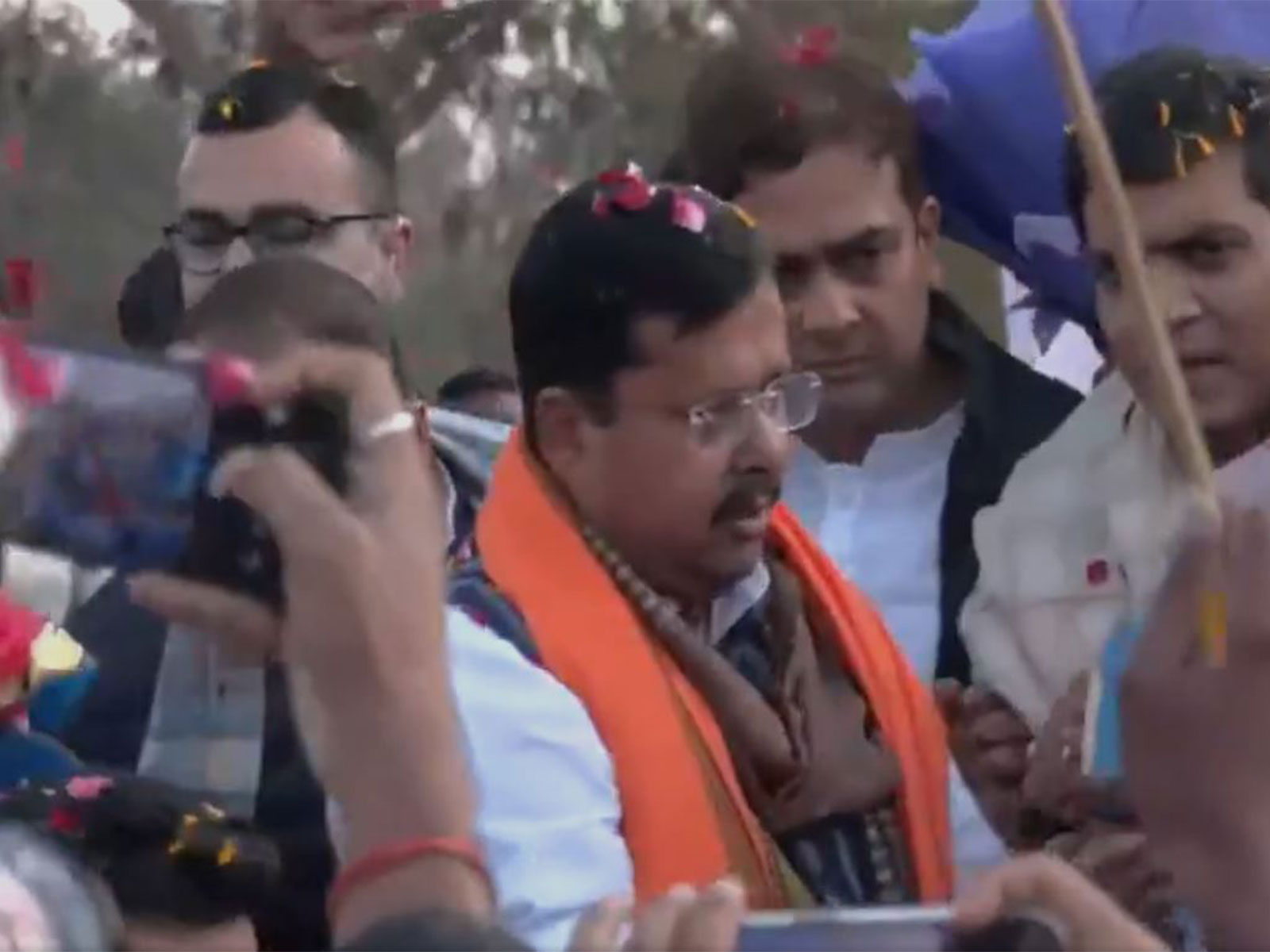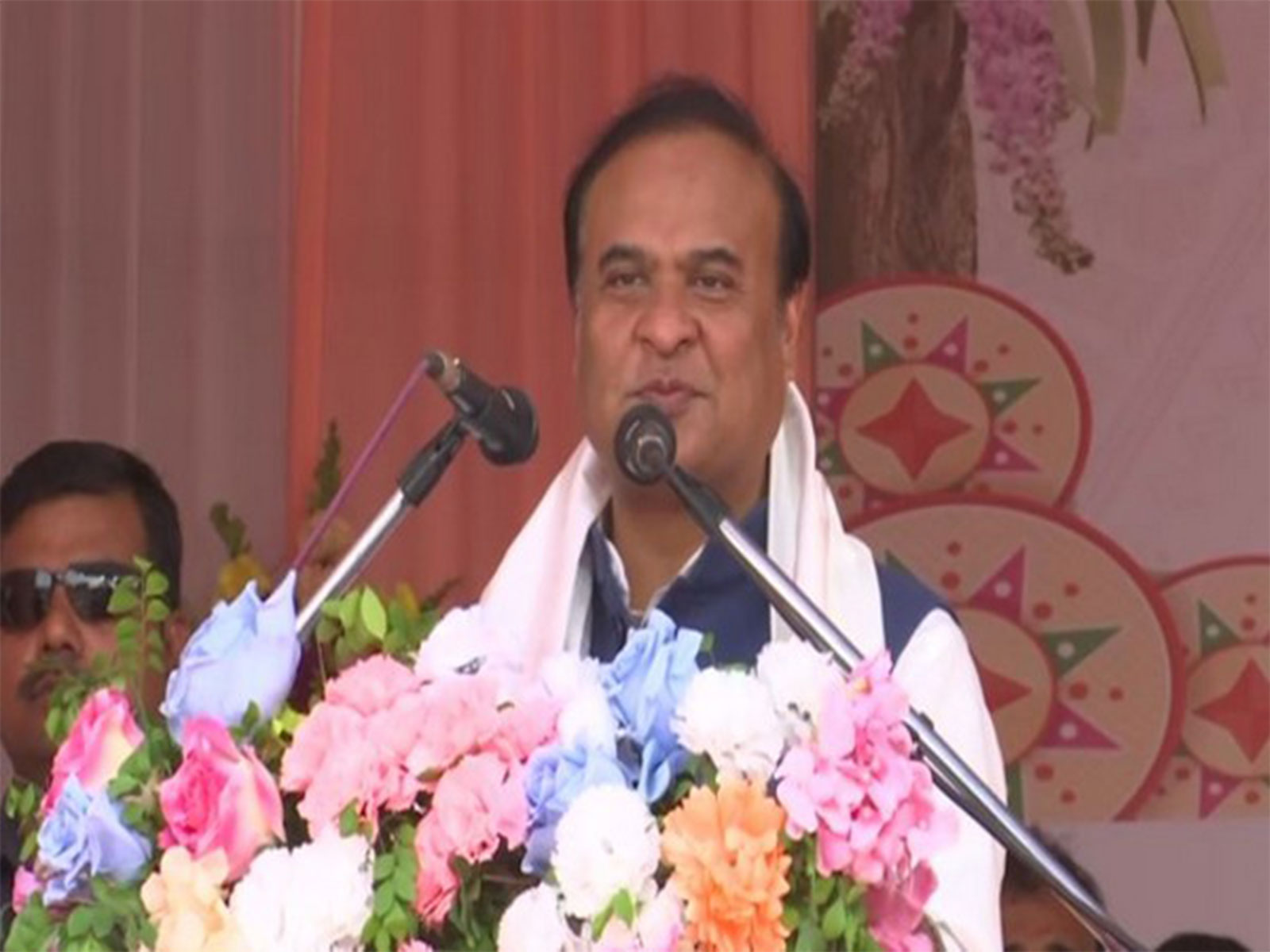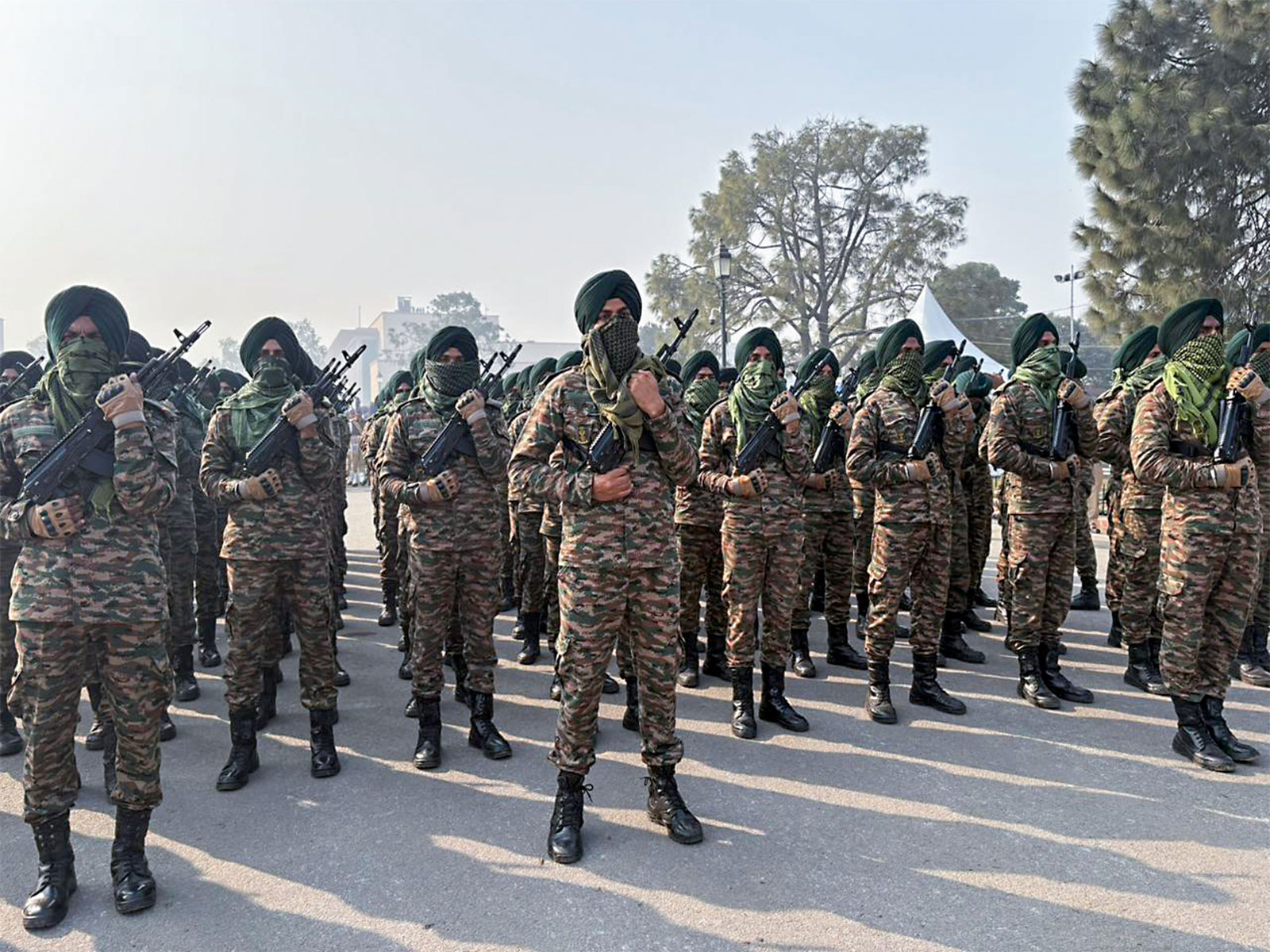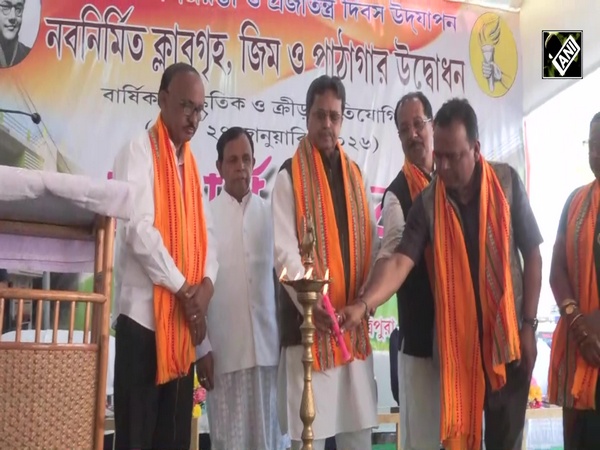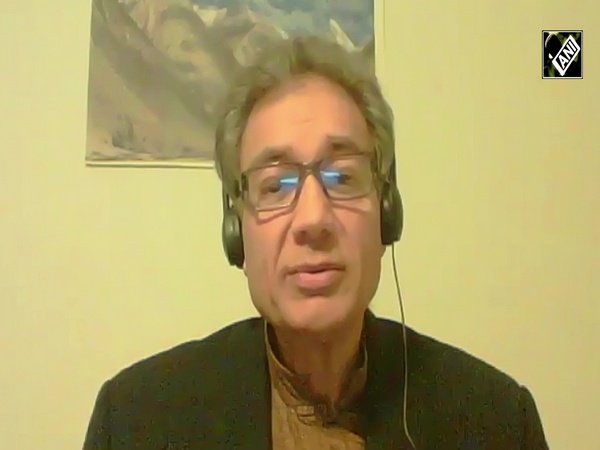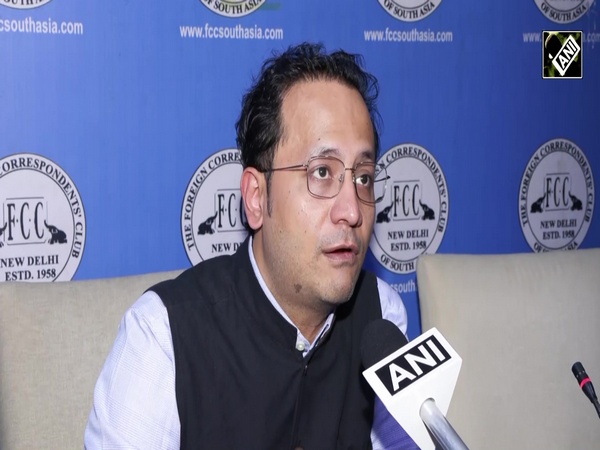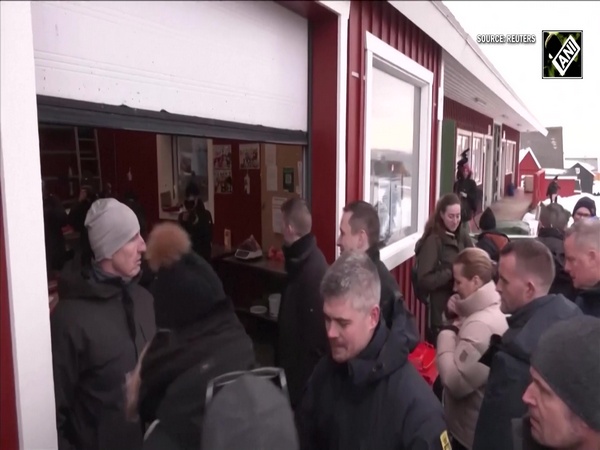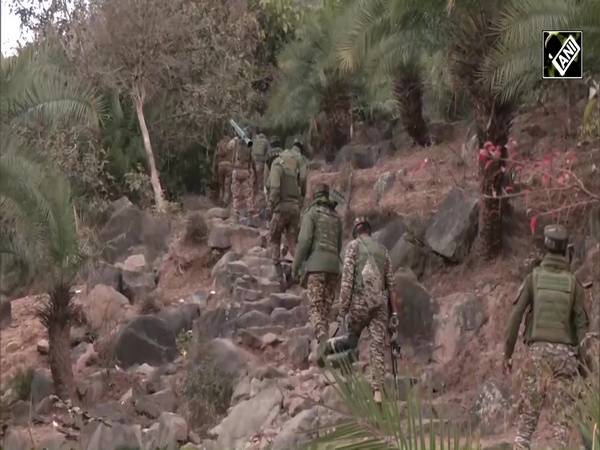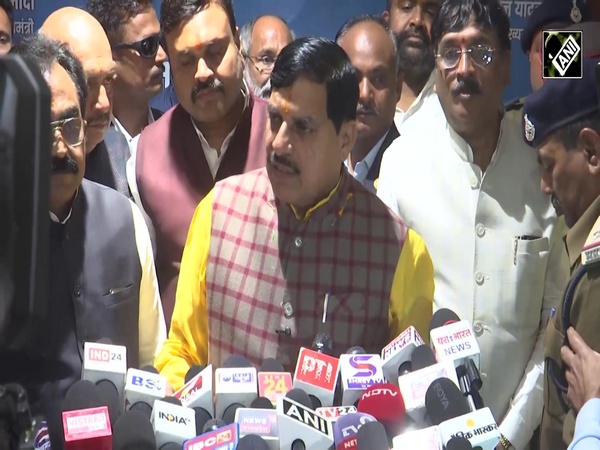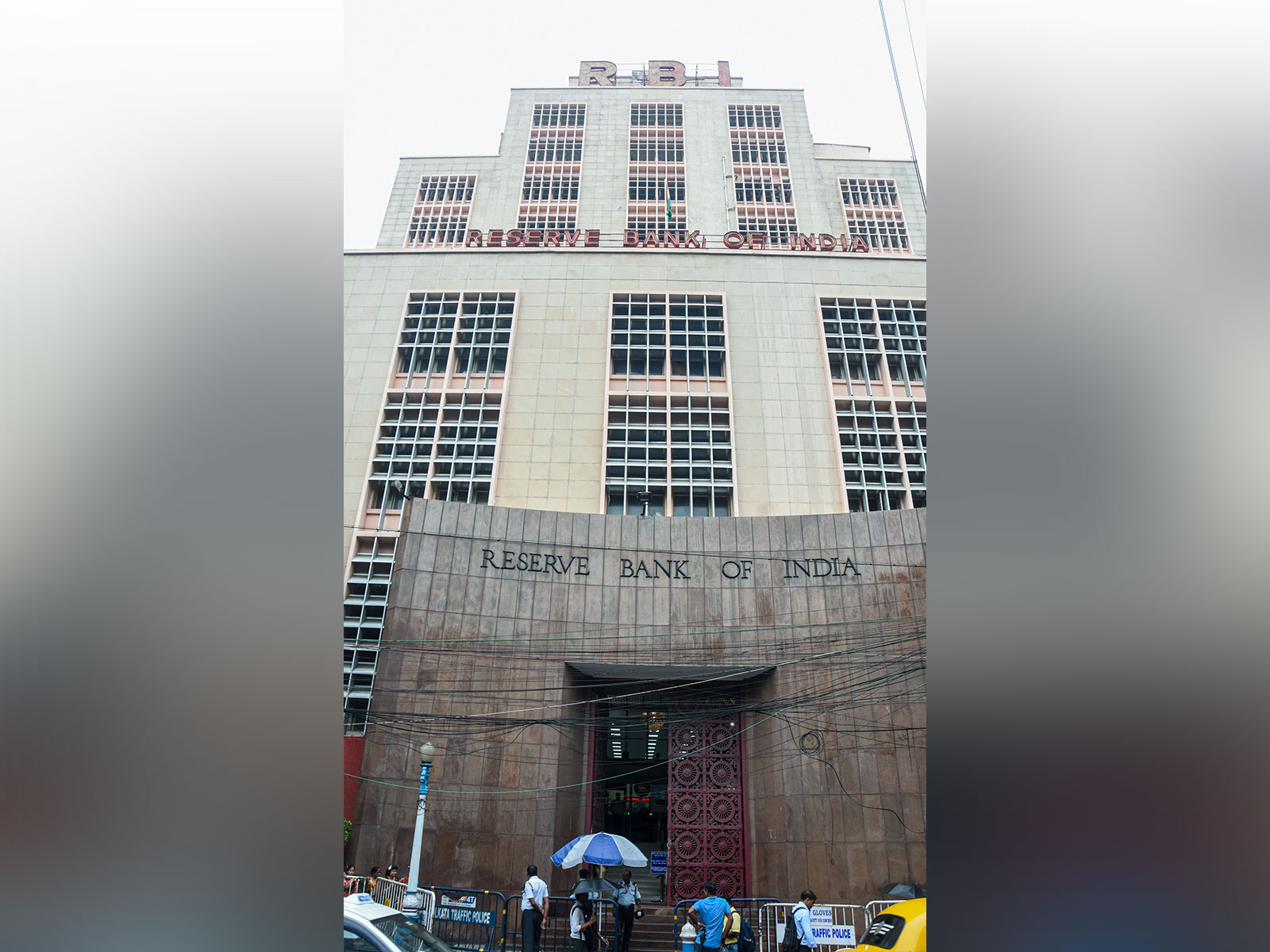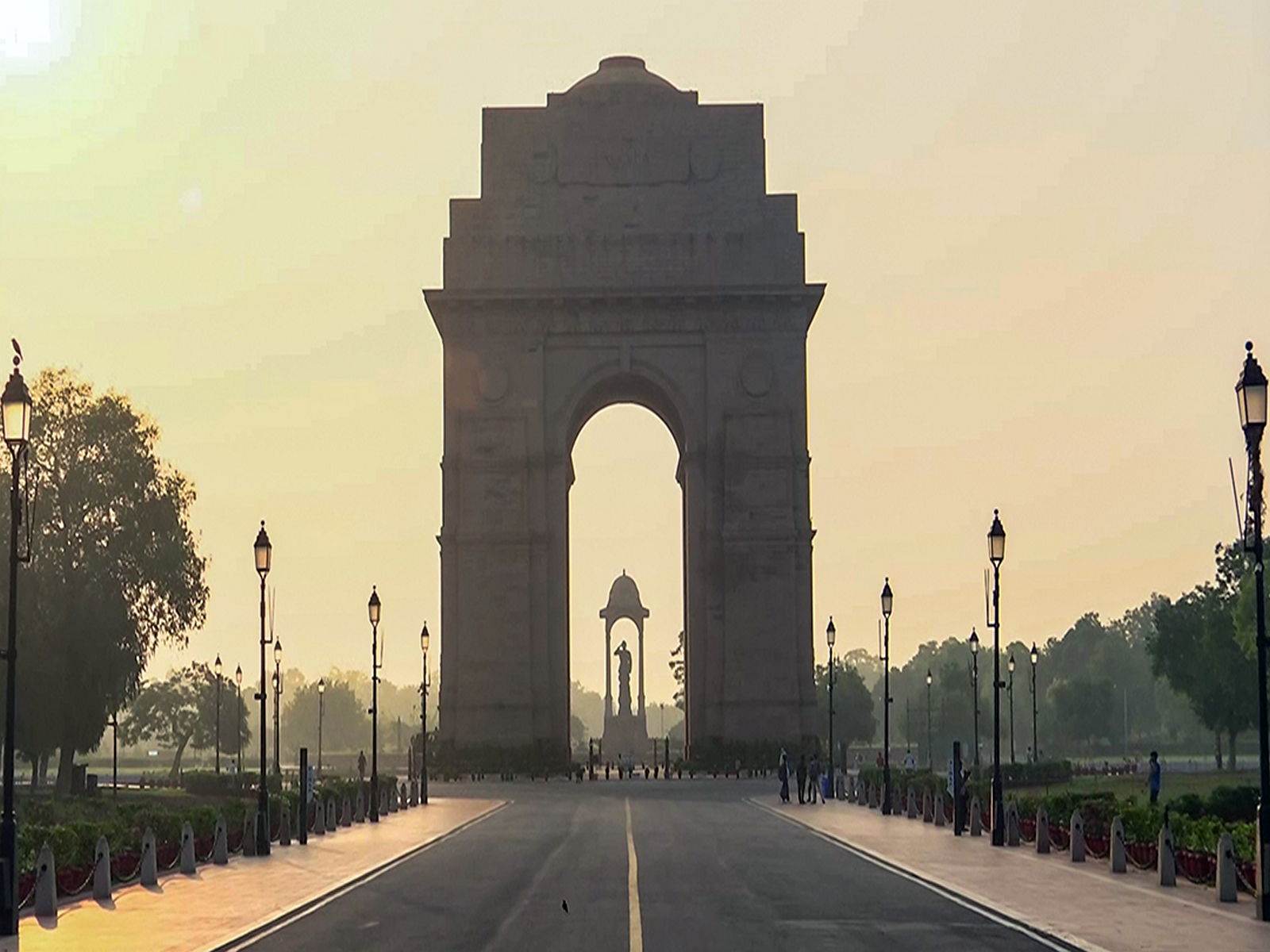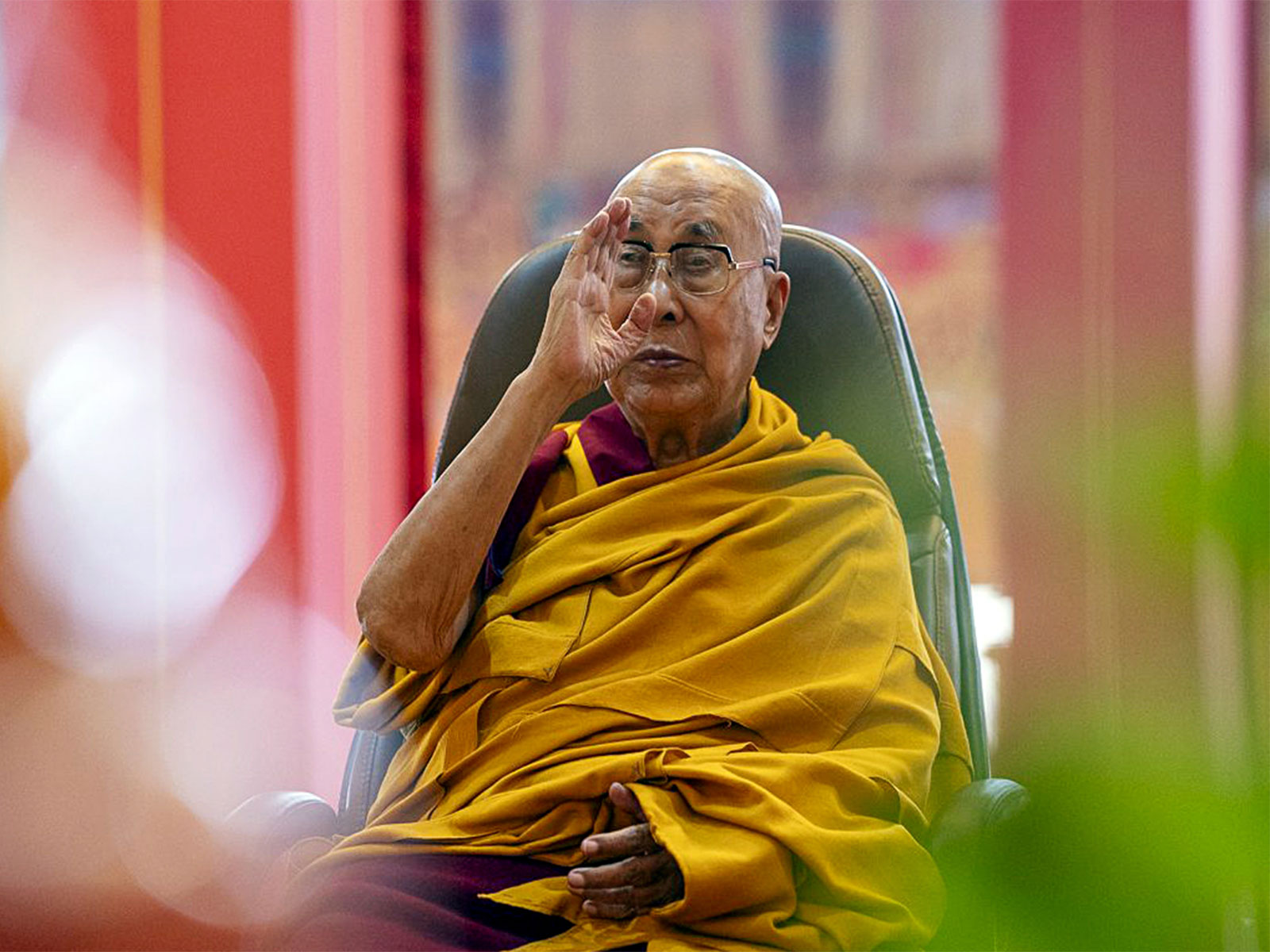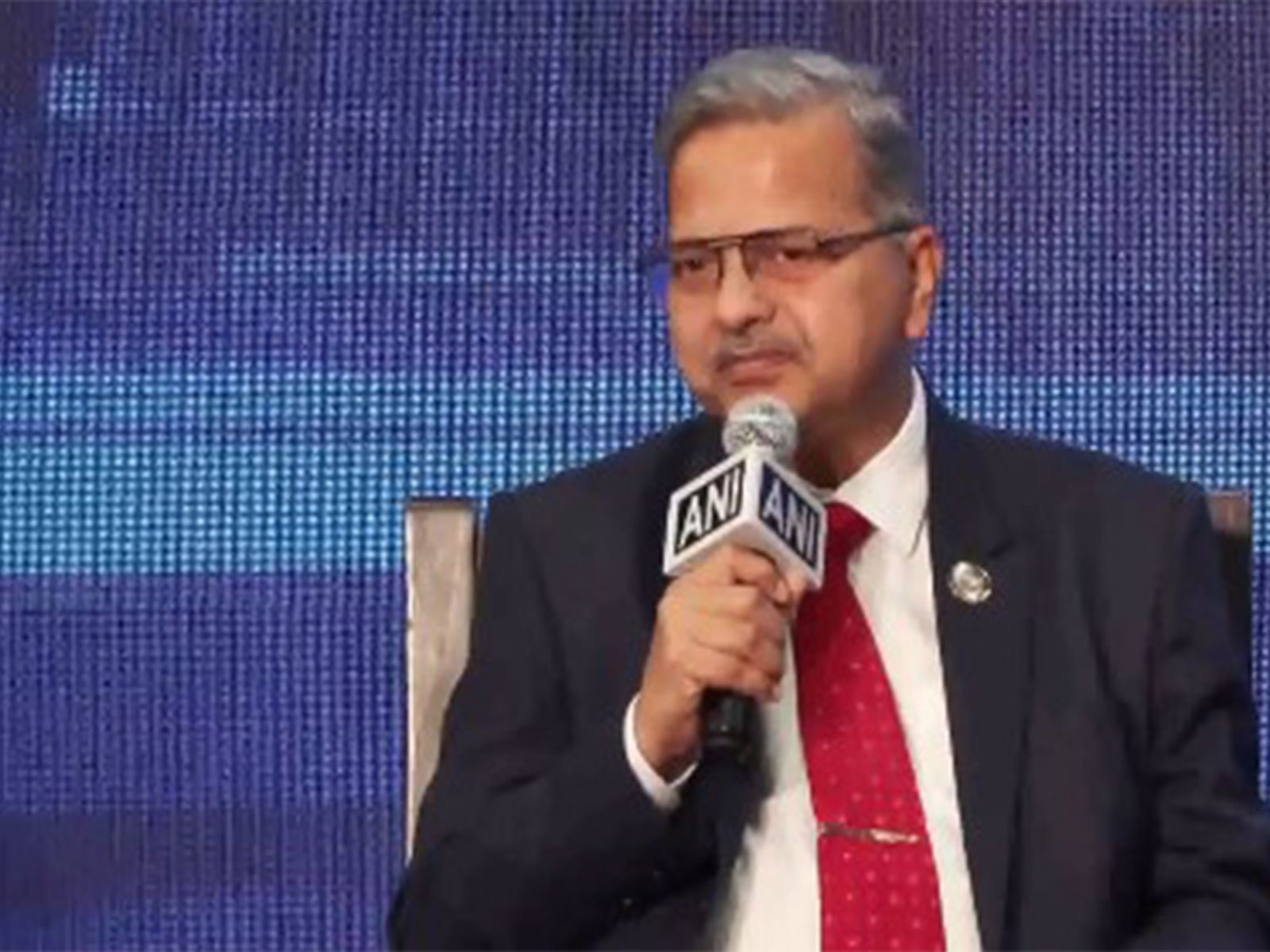
HAL says order book tops Rs 2 lakh crore amid focus on indigenous defence manufacturing at National Security Summit
Nov 28, 2025
New Delhi [India], November 28 : Hindustan Aeronautics Limited (HAL) has said that its order book now stands at more than rupees two lakh crore, almost entirely made up of indigenous products, as senior government and industry officials outlined the thrust areas in the defence sector in view of emerging challenges at the ANI National Security Summit here on Friday.
Hindustan Aeronautics Limited (HAL) Chairman and Managing Director DK Sunil said the company now has an order book of more than Rs 2 lakh crore and stressed that most platforms are fully indigenous.
"Today, the order book is upwards of Rs 2 lakh crores, and every single product is homegrown. Except for the 15 Sukhoi Su-30, which are in order, the balance orders are the Prachand, the Tejas, the HTT-40s, and the Utility Helicopter Maritime (UHM), which is under development, will come out. We also have a civil version of Dhruv, which is under certification. Next year, we will also have the Dhruvs in place. These are all coming out of our own design products," he said.
He added that HAL is preparing several next-generation platforms, including unmanned combat systems. "We are building the 'CATS Warrior'; It will be ready by next year, and we expect it to fly by 2027. We are also working on the UHM (Utility Helicopter Maritime) - utility helicopter for the deck-based version. It will start flying this year, and delivery in two years," he said.
Defence Secretary Rajesh Kumar Singh issued a strong warning about delays in emergency procurement, saying that contracts that miss the one-year deadline will be cancelled.
"There is a tendency to overpromise and under-deliver. We will need to start cracking down much more and apply LD (liquidated damages) clauses. In the current round of emergency purchases that we are doing, we are actually taking a much tougher stand: in any case where delivery is not done within one year, that will be foreclosed," he said at the Summit.
He stressed that the policy will apply to all suppliers. "I intend to sort of ensure that it is done, regardless of which company or country is involved; any contract that misses the one-year delivery timeline will be closed. Hopefully, such decisions will help bring accountability," he said.
The Defence Secretary noted that several major systems have faced delays due to external conflict situations. He cited the Russia-Ukraine conflict affecting S-400 deliveries, delays in Israeli equipment due to the situation in West Asia, and supply chain problems involving General Electric engines for the Tejas Mk1A.
"When I talk to HAL, I will obviously go after the delays, but let me say in a more open forum that the delays are not just from domestic manufacturers. You have seen the S-400 (air defence system) get delayed due to the conflict. Israel orders many of them are delayed because of the conflict they are facing. There are supply chain issues which have affected them in the context of General Electric Engines (HAL) that they have to wait, so not all of them are solely attributable to domestic manufacturers," he said.
He also confirmed progress on India's jet engine development efforts. He said India is close to finalising a plan with a leading global manufacturer to co-develop a 120 kN engine that will be fully built in India with complete intellectual property rights held domestically. The proposal is expected to reach the top levels of government soon and will take about 8 years to reach the prototype stage.
The need for stronger manufacturing ecosystems and global partnerships was also put forth during the summit.
Larsen & Toubro Senior Vice President Arun T Ramchandani said India must follow a balanced approach that builds local capabilities while using foreign collaborations where necessary. "To build a strong defence industrial base requires a large ecosystem, and it's evident that India has a long way to go in developing that ecosystem. I would say we should adopt a two-pronged strategy. One is to keep encouraging people to get into deep tech, to build products, build the ecosystem base... We can't take a very hard stand that we are going to do everything ourselves. We have to permit where it is going to take us some time to build that ecosystem, to permit partnerships, to permit people to co-develop and co-produce products together. This kind of dual-pronged strategy will work well..." he said.
On L&T's partnership with General Atomics Aeronautical Systems for MALE unmanned aircraft, he said: "Traditionally, you know, we relied a lot on building our own products through our R&D. We see an acceleration in the procurement, which is happening. And when we looked at, uh, you know, General Atomics is already supplying Hale aircraft to India. And, when we saw that there is going to be a large-scale procurement of MALE aircraft, we realised that in the time frame, if we went back to the drawing board and tried to create an aircraft ab initio, it might be a tall order."
He added that L&T had two conditions for the tie-up -- competitive pricing and deep integration of Indian systems. "The US firm, he said, had an openness to that, which then allowed us to really look at how we drive? How do we design for cost? How do we design for purpose? We're not just bringing a product and saying we license to produce it here. We will develop a product that meets Indian requirements. And that has many dimensions from cost to performance to security."
He also noted that US export regulations remain a challenge, but both sides are willing to cooperate. "We thought this was the right thing to do at this point, and I hope we will succeed," he said.
Meanwhile, during the defence reforms summit, Chief of Integrated Defence Staff Air Marshal Ashutosh Dixit said theatre commands will be the most important structural change for the armed forces.
"We have to understand why we are saying that theatreisation is the new reform we need, and why it is going to be the most important defence reform we are looking at. We are moving from jointness to integration, and now towards theatreisation," he said.
The Air Marshal then further explained that the reform will distribute responsibilities properly, saying, "What we want to achieve is a clear segregation between force development and force application. Force development will become the responsibility of the service headquarters, and force application will become the responsibility of the theatre commander."
Air Marshal Dixit also added that modern warfare now spans land, sea, air, cyber, space and the cognitive domain. "This is needed because warfare now takes place across multiple domains and multiple fronts. You need the capability for each service or vector to be used simultaneously and in a planned manner. All of this has to be brought together, and that can only be done through the theatre concept," he said.
He pointed to Operation Sindoor as an example of joint functioning. "What you saw during Sindoor was only a glimpse, and it was possible because we have been working on integration and jointness for the last four to five years," he said.
India recorded its highest-ever defence production of Rs 1.54 lakh crore in FY 2024-25, and the government aims to raise output to Rs 3 lakh crore and defence exports to Rs 50,000 crore by 2029.
